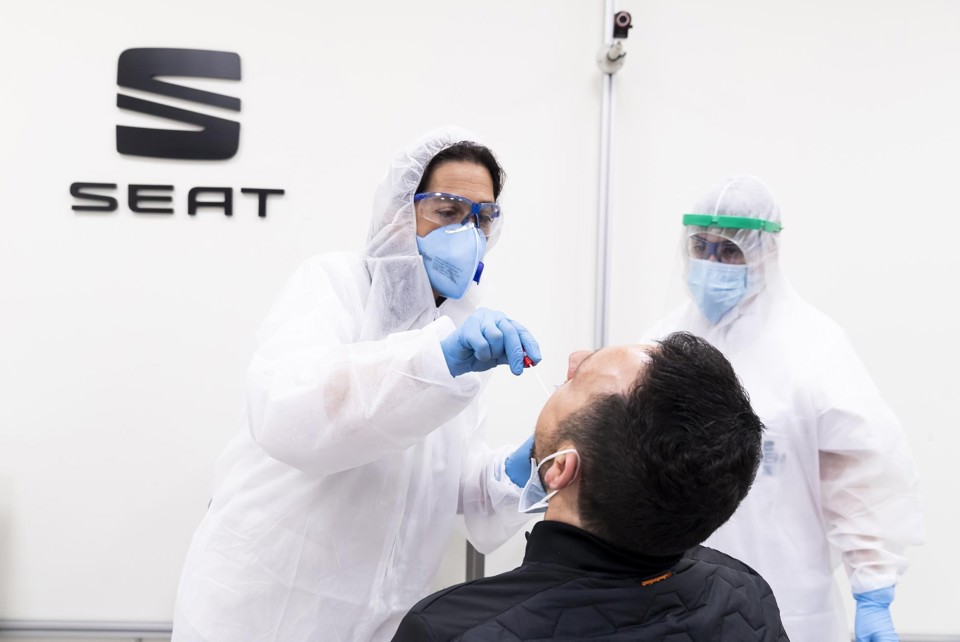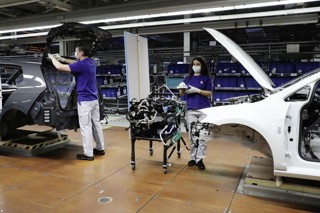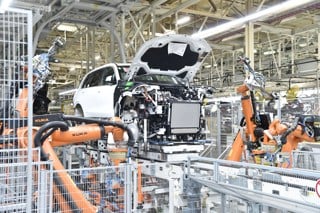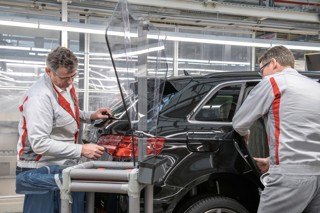Seat has confirmed it will restart car production on April 27, at limited capacity.
The manufacturer will carry out Coronavirus tests on its 15,000 employees before they are allowed to return to work.
Initially one shift will be in place, with full production scheduled for June. During the weeks of 27 April and 4 May, one production shift will return to work at each of the three lines at Martorell where the Seat Ibiza, Seat Arona, Seat Leon and Audi A1 are manufactured.
The company will produce around 325 cars a day during these first two weeks. From May 11, two production shifts will be working on each of the lines, enabling the manufacture of around 650 cars a day.
Seat president and vice-president for finance and IT Carsten Isensee, said “Now that the most difficult phase of COVID-19 has been overcome, we face the first stage of returning to normal without letting our guard down. It is essential to apply strict health and safety measures to ensure that the return to work takes place in complete safety. With Seat’s decision to invest in the PCR test programme, we are also helping the health authorities to understand the extent of the pandemic.”
The PCR (Polymerase Chain Reaction) test screens for the SARS-CoV-2 virus and is one of the most reliable ways to identify whether the person screened has contracted the COVID-19 virus. Seat is the first company in Spain to do this testing.
More than 3,000 PCR tests will be carried out every week for production employees at Seat Martorell, Seat Barcelona, Seat Components and CROS (Seat Spare Parts Centre), as well as non-production employees. This testing will be extended to other Volkswagen Group companies in Spain over the following weeks.
Employees must enter and be tested at an on-site clinic at each location before starting work.
During the past weeks of non-production due to COVID-19, Seat turned its production line from vehicles to ventilators to help local healthcare authorities deal with the effects of the pandemic. Seat produced more than 600 ventilators, with production halted on April 17, at the direction of the healthcare authority, due to the reduced requirement at Intensive Care Units.
The company also produced thousands of surgical masks, made from the filters used in the paint shop booths at the Martorell plant, which were distributed to hospitals, security forces and other organisations. The Spanish Agency for Medicines and Healthcare Products has temporarily authorised the use of these masks during the health emergency caused by COVID-19.





















Login to comment
Comments
No comments have been made yet.